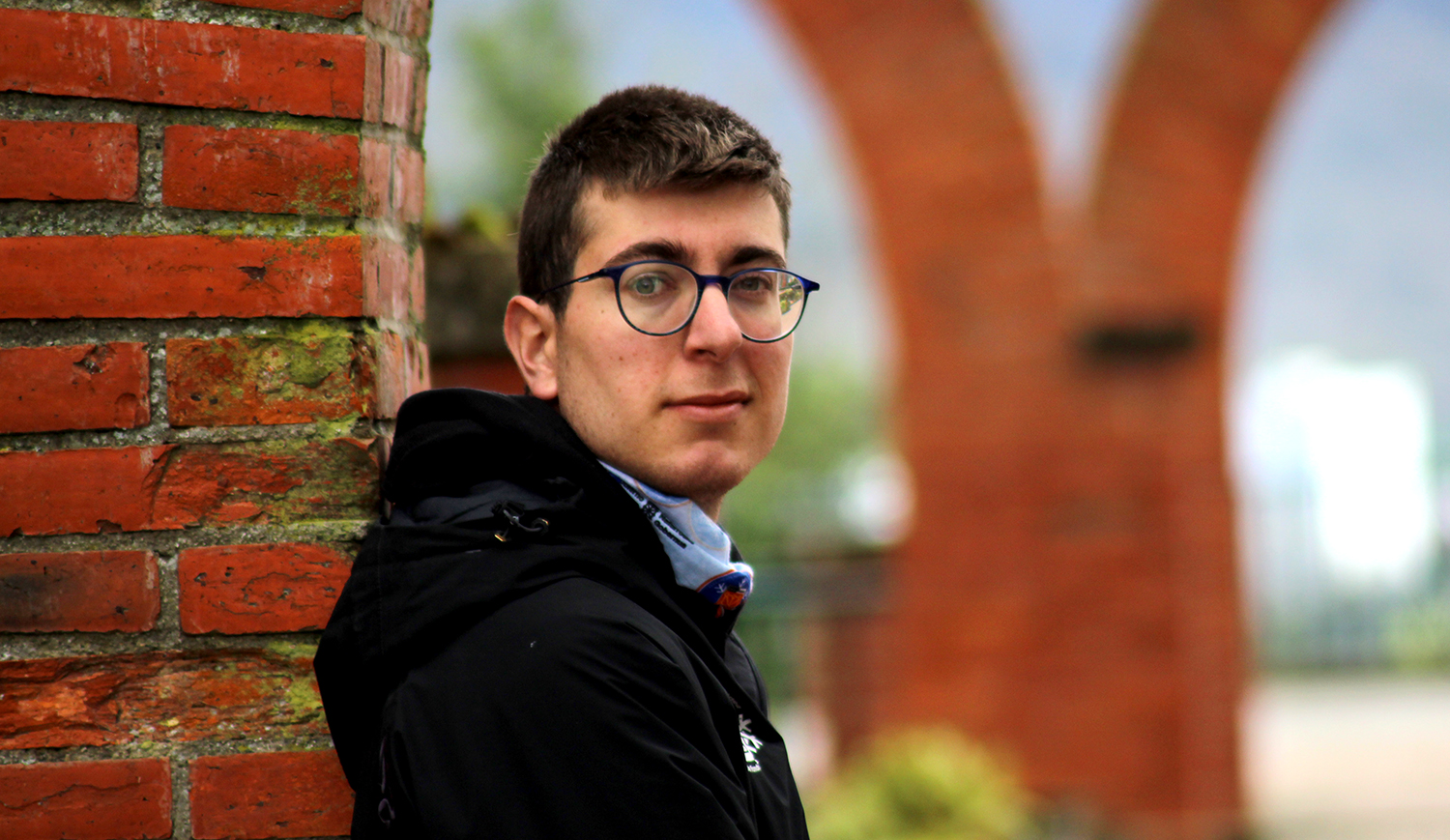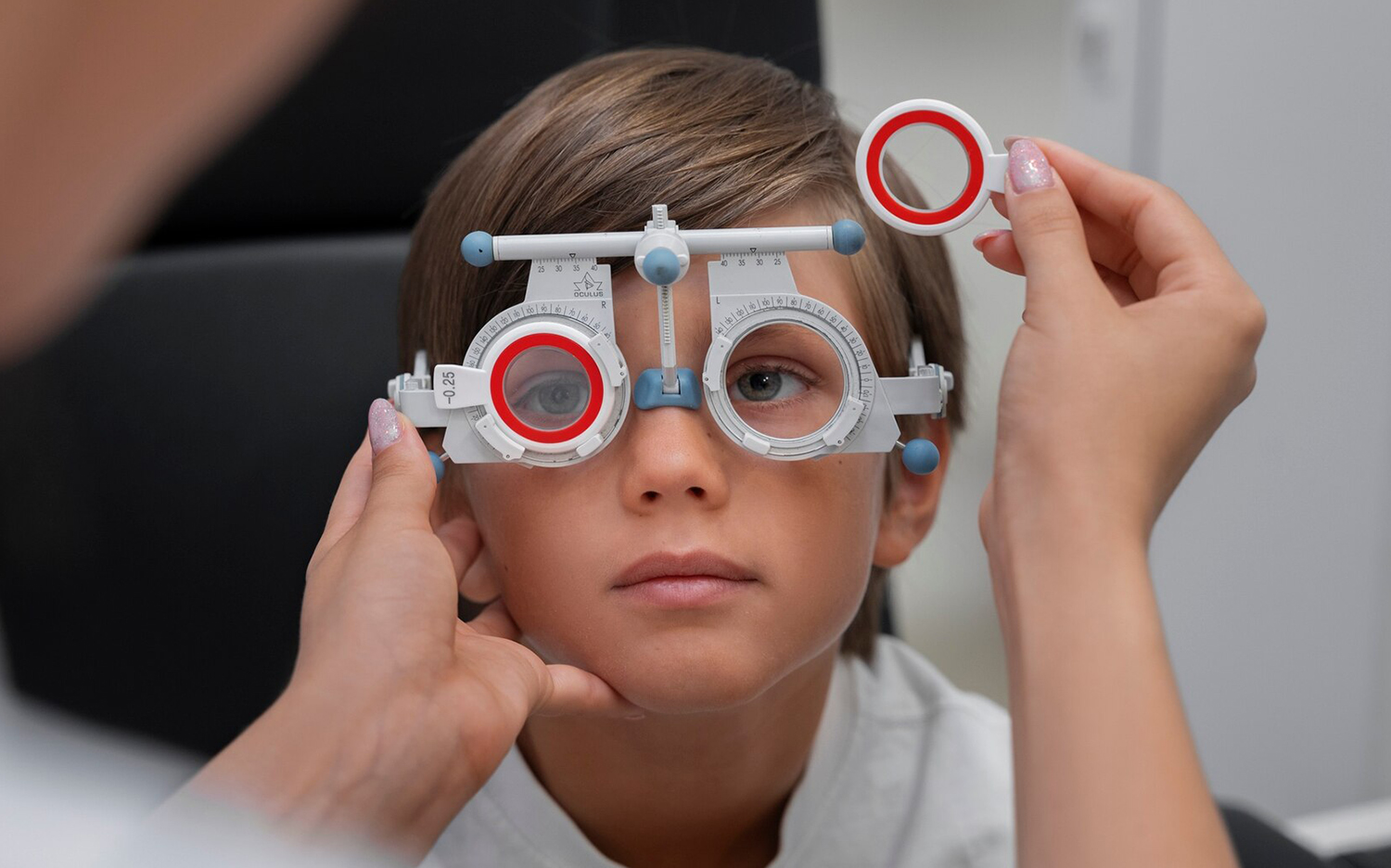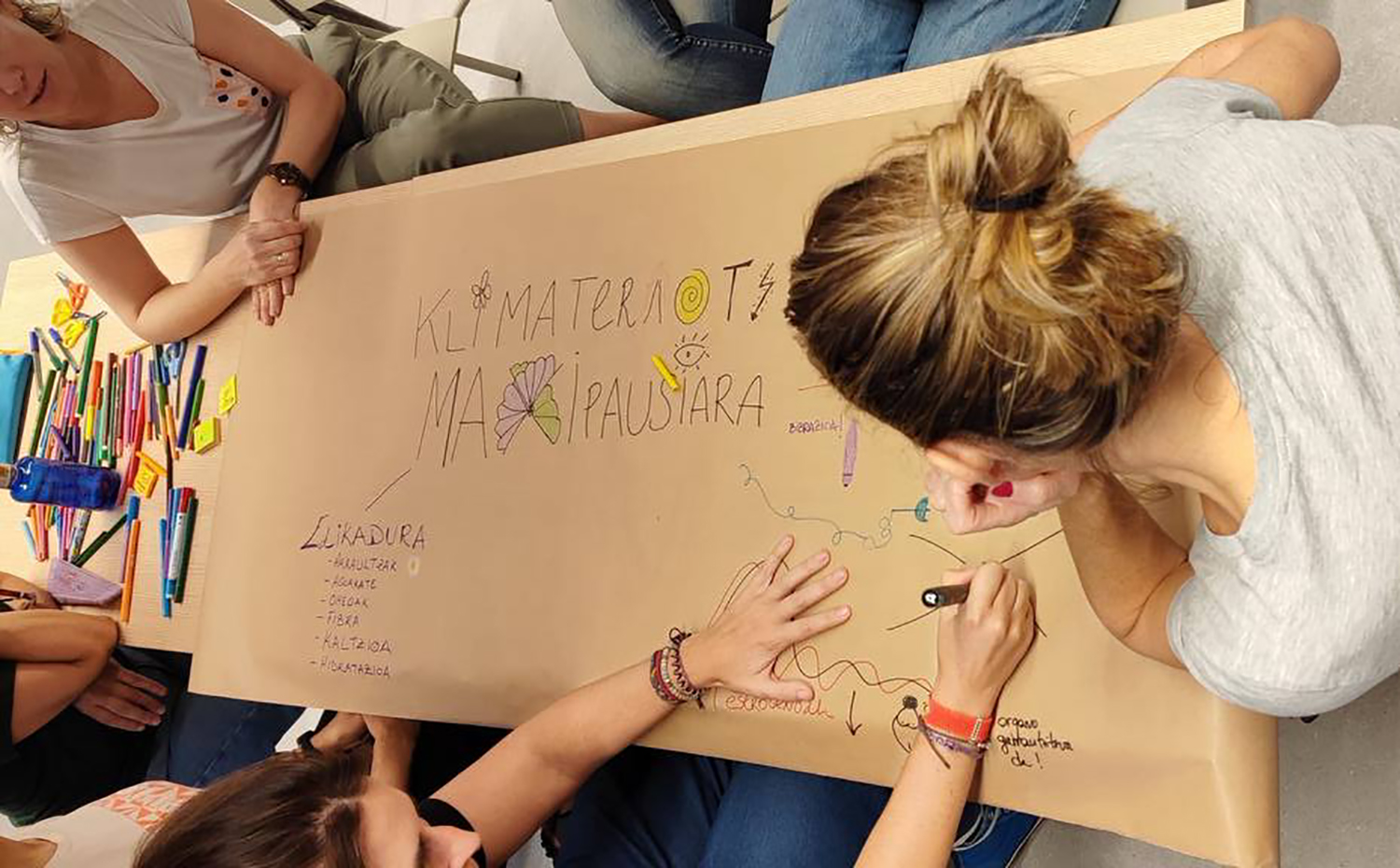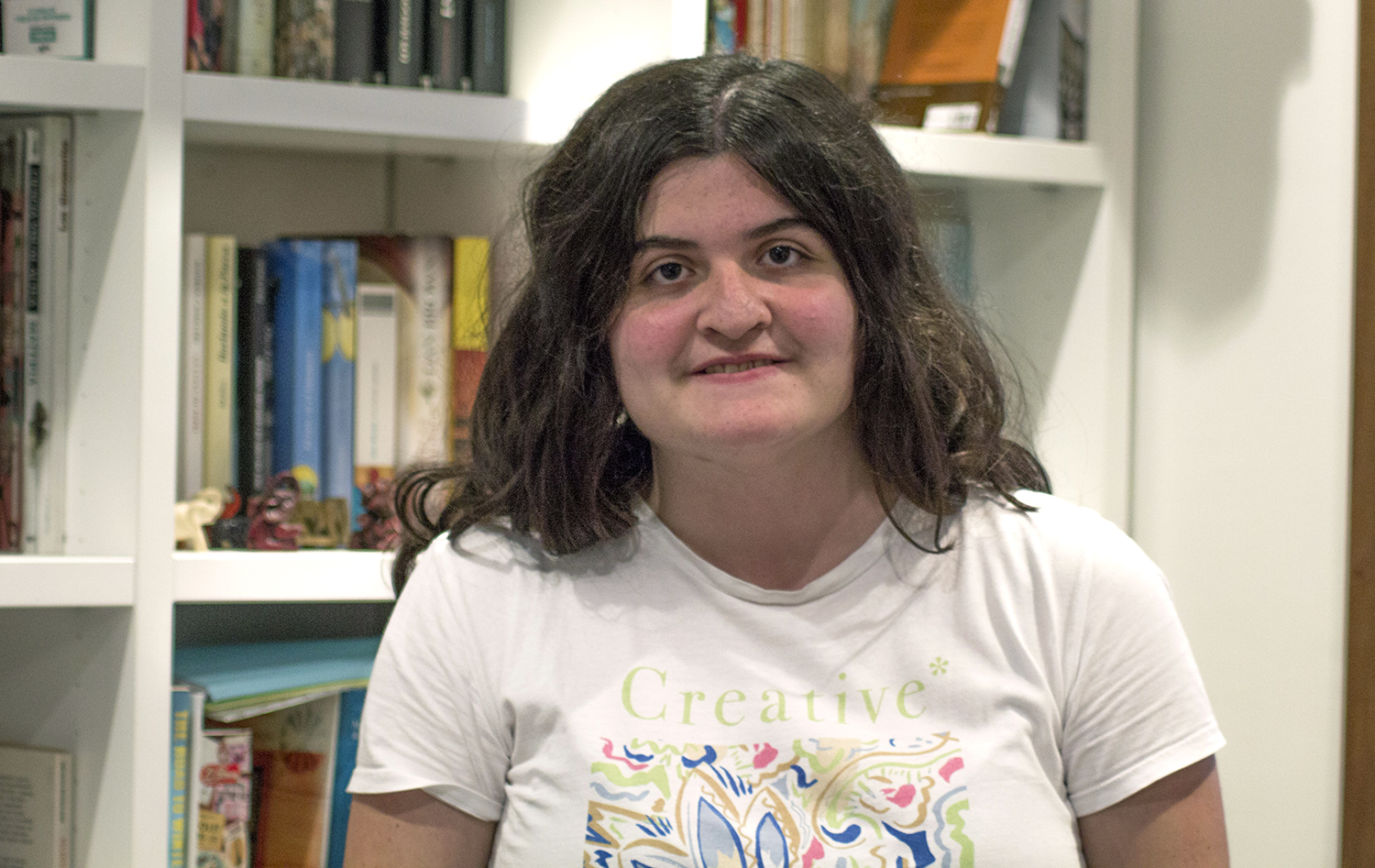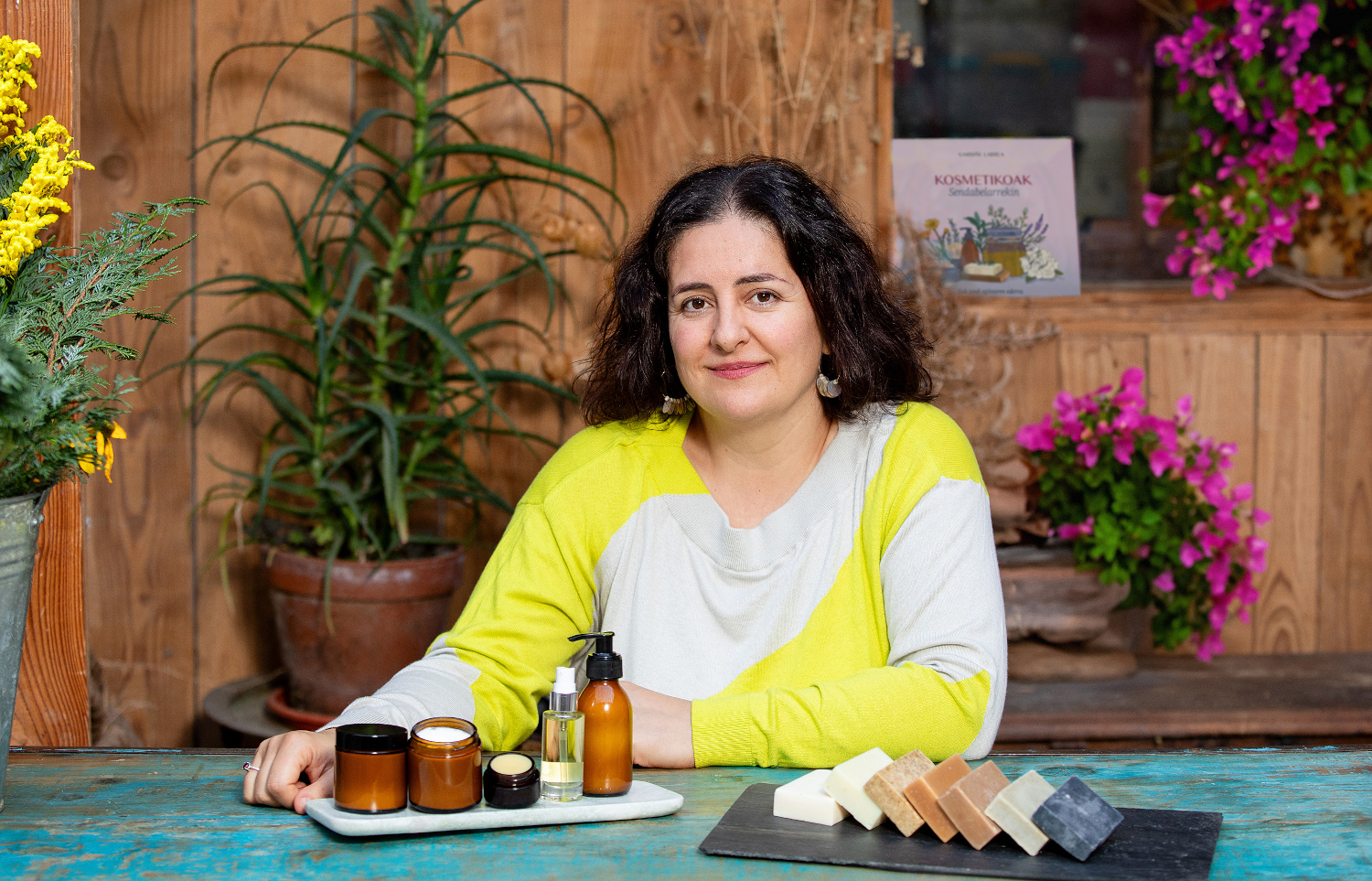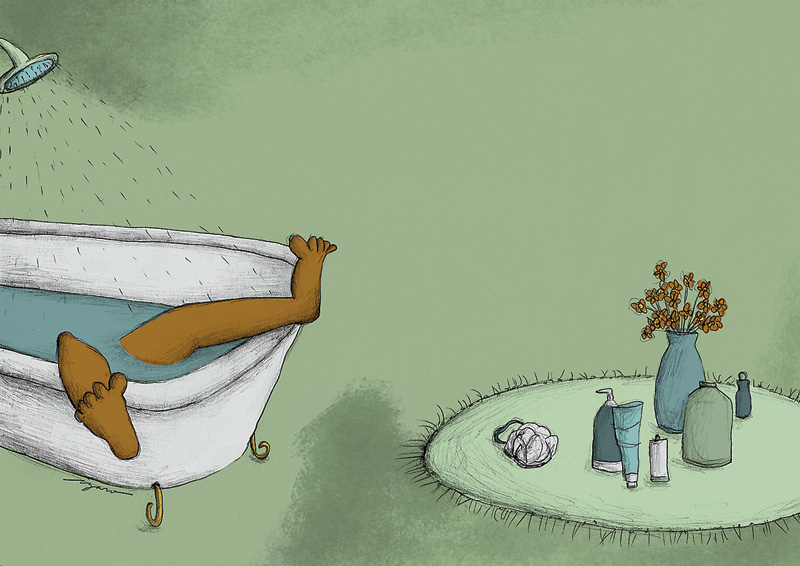
Oier Gorosabel Larrañaga shows her curiosity about all health-related issues in general. This time we met him to talk about hygiene. To explain the cultural and historical context of cleanliness, it has gone back in time, from the restrooms of the Greek and Roman times, to the point of the current “hyper-cleanliness”: “The current cleaning model comes from the 19th century, the health revolution that took place in Europe. Public hygiene was promoted to deal with pests and the level of health was skyrocketed.” This revolution achieved, among other things, the water currents that are now normal, toilets, antiseptics and garbage collection. In recent years, however, we have been increasingly washing our hands and this can harm our health, as several experts have explained. There's the paradox.
The concepts Clean and Dirty are relative, therefore: “In the Roman era, soap was not used. He would anoint the skin with a mixture of oil and sand, and then they would remove it with a kind of sickle called strigilis. Today, we would consider that dirty,” says Gorosabel. By 1850, it was customary to bathe only when you got sick or before you got married. Around 1900 Europeans did it once a year, “also the rich”. And without going any further, in the 1980s, it was normal to have a shower once a week. Today, however, the most common thing is that it is done once or several times a day.
Soap is the most harmful
“Soap revolutionized our grandmother’s life. It appeared in the Basque Country around 1900 and replaced the bleach. He who had a little money bought soap and was going to wash clothes at the modern laundries.” Following this explanation, Gorosabel has told us that we do not use soap as long as we do. Daily shower no, daily use of soap is one of the main problems; leaving skin unprotected and opening the doors to some diseases, for example.
This can lead to two particular problems. On the one hand, it can affect immunity; excessive removal of the outer layer of the epidermis and sweat will favor the proliferation of bacteria that will be more easily introduced into the body. In addition, body adaptation to temperature changes may be more difficult.
On the other hand, there are those related to aesthetics; by removing the protection to the skin, the skin will lose water and dry. This can cause allergies or irritations, for example in the anus, until they become chronic. Regarding daily cleaning, Gorosabel told us that if we do not allow the skin to be fully completed from the damage of these “attacks”, “the wound will occur on the wound”.
The key is to analyse needs and take action, i.e. the frequency and the products to be used. Anyone who has to shower every day for work or whatever can use softer soaps, and the person who does not shower frequently, pure soaps. Gorosabel remembers that not all parts of the body are equal. The armpits, leg or feet have a stronger smell and the need for cleaning is greater than in the case of the face or arms. In any case, you have to say that we have not stopped: “The smell of the body is not fashionable and we try to eliminate it. A person who never washes can seem dirty, but that’s not why he’s going to get sick.”
Orain arte desgaituak ez diren pertsonekin lehiatu da Uharteko Ipar Eski Taldeko Eneko Leyun eskiatzailea (Iruñea, 1998). 2024-2025 denboraldian, lehenengo aldiz parte hartu du Adimen Urritasuna duten Pertsonentzako Iraupeneko Eskiko Espainiako Txapelketan. Urrezko... [+]
Pertsona lodiek lodiak izateagatik bizi izan duten eta bizi duten indarkeriaren inguruan teorizatzeko espazio bat sortzea du helburu ‘Nadie hablará de nosotras’ podcastak. Cristina de Tena (Madril, 1990) eta Lara Gil (Fuenlabrada, Espainia, 1988) aktibista... [+]
Gazteagotan baino lotsa handiagoa dauka, baina horrek ez dio saltsa askotan ibiltzeko gogoa kentzen Leire Zabalza Santestebani (Iruñea, 1990). Beste gauza askoren artean, Motxila 21 musika taldeko kidea da. Nabarmendu du musika gauza asko aldarrikatzeko bide izan... [+]
Miopia gero eta gehiago eta gero eta lehenago ari da garatzen, eta horren arriskua da dioptriak gehitzen joatea eta helduaroan begiari lotutako hainbat gaitz izateko aukerak dezente handitzea. “Eguzki-argia jasotzea inportantea da, eta denbora asko ez igarotzea oso gertu... [+]
Istorioetan murgildu eta munduak eraikitzea gustuko du Iosune de Goñi García argazkilari, idazle eta itzultzaileak (Burlata, Nafarroa, 1993). Zaurietatik, gorputzetik eta minetik sortzen du askotan. Desgaitua eta gaixo kronikoa da, eta artea erabiltzen du... [+]
This wedge that the announcement on the radio Euskadi to replace the bathtub with a shower encourages the commencement of the works in the bathroom of the house. A simple work, a small investiture and a great change are announced. There has been a shift in toilet trends and a... [+]










